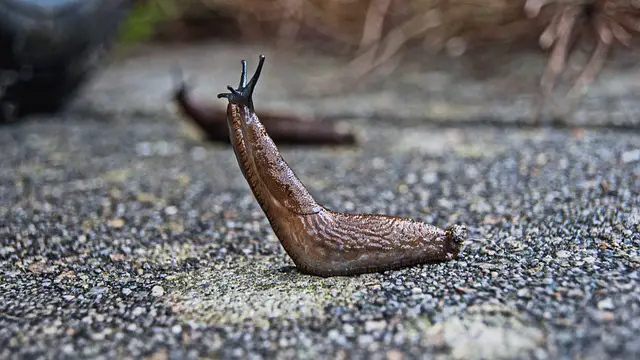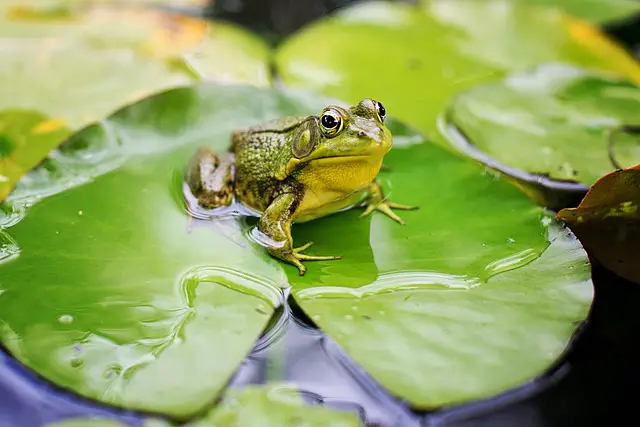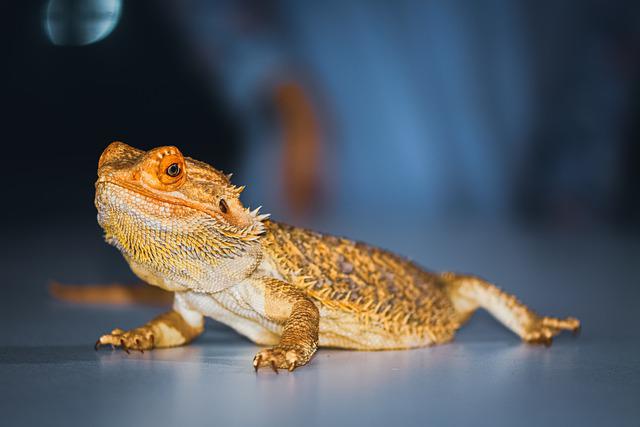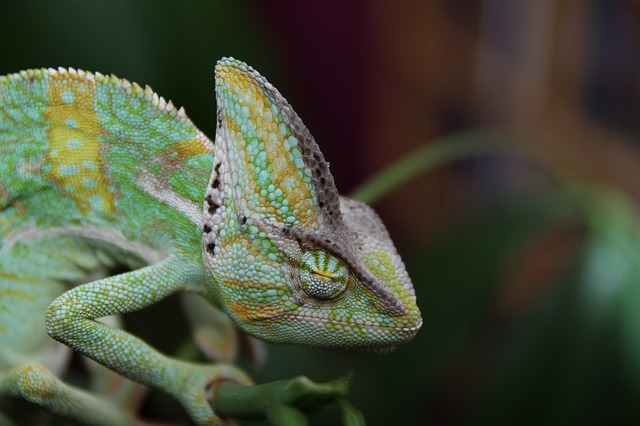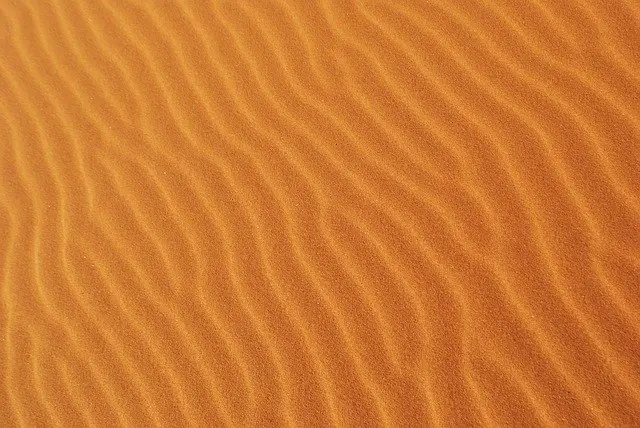Snakes are fascinating creatures that have captured the attention of people around the world for centuries. They are known for their ability to swallow prey whole, and many people wonder if they eat slugs. The answer is yes; snakes do eat slugs.
Slugs are a common prey item for many species of snakes, including garter snakes, rat snakes, and kingsnakes. These snakes consume various prey, including insects, rodents, birds, and other snakes.
While slugs may not be the most nutritious food source, they are readily available and can provide a good source of hydration for snakes in dry environments.
While it may seem strange to some people that snakes would eat slugs, it is essential to remember that snakes are opportunistic feeders that will eat whatever prey is available to them.
Slugs are just one of many prey items that snakes consume, and their inclusion in a snake’s diet is perfectly natural.
What Do Snakes Eat?
Snakes are known for their unique feeding habits, which vary depending on the species and their natural habitat. Generally, snakes are carnivorous and rely on a diet of live prey to survive. In this section, we will explore the diets of snakes and why they eat slugs.
Snakes’ Diets
Snakes are opportunistic predators and eat almost any animal they can overpower and swallow. Their diet varies depending on their size, habitat, and prey availability. Some snakes, such as the king cobra, feed exclusively on other snakes, while others, such as the garter snake, eat insects, rodents, and fish.
Most snakes consume their prey whole, and their jaws are specially adapted to allow them to swallow animals much larger than their own heads. Some snakes, such as the python, can go for weeks or months without eating after consuming a large meal.
Why Snakes Eat Slugs
Slugs are a common food source for many snake species, especially those that live in damp environments. Snakes that eat slugs are typically smaller and have a less diverse diet than their larger counterparts. In addition, slugs are high in protein and other essential nutrients, making them a nutritious food source for snakes.
Snakes that eat slugs are also crucial for controlling slug populations, which can be destructive to gardens and crops. By eating slugs, snakes help to keep these pests in check and maintain a healthy ecosystem.
Overall, snakes have a diverse diet that varies depending on their species and natural habitat. While some snakes feed exclusively on other snakes, others eat a variety of prey, including slugs. Snakes that eat slugs are essential in maintaining a healthy ecosystem and controlling pest populations.
The Benefits of Snakes Eating Slugs
Slugs as Pests
Slugs are a common garden pest that can cause significant damage to plants. They feed on leaves, stems, and roots, leaving unsightly holes and damage. They can also spread diseases and attract other pests like snails and slugs.
Slugs thrive in moist environments and are most active at night. They can be challenging to control as they reproduce quickly and have a high pesticide tolerance.
Snakes as Pest Control
Snakes are natural predators of slugs and can help control their populations in gardens and other outdoor areas. Snakes are attracted to areas with a high concentration of slugs and will actively hunt and consume them.
Snakes are an effective and eco-friendly pest control, as they do not harm other beneficial insects or plants. They also do not require special care or maintenance, making them a low-maintenance option for pest control.
Overall, snakes can be a valuable asset in controlling slug populations and maintaining a healthy garden environment. While some people may be hesitant to have snakes in their gardens, it is essential to remember that snakes are a vital part of the ecosystem and can provide many benefits.
The Downsides of Snakes Eating Slugs
Potential Toxins
Some species of slugs secrete toxins as a defense mechanism. These toxins can be harmful to snakes if ingested in large quantities. While most snakes have developed a tolerance to these toxins, some may still experience adverse effects such as vomiting, diarrhea, and even death.
Risk of Parasites
Slugs can carry a variety of parasites, including nematodes and lungworms. When snakes consume slugs, they risk becoming infected with these parasites. The parasites can cause various health problems, including respiratory, digestive, and even death.
Additionally, some parasites can be passed from snakes to other animals, including humans. Therefore, handling snakes with care and practicing good hygiene to prevent the spread of parasites is essential.
While snakes may find slugs to be a convenient food source, consuming them has several downsides. Therefore, it is essential for snake owners to be aware of these risks and to take steps to minimize them.
Conclusion
The diet of snakes varies depending on the species, but slugs are common prey for many snake species.
It is important to note that while snakes may consume slugs, they are not the primary food source for most snake species. Instead, snakes typically consume rodents, birds, and other small mammals.
Additionally, it is essential to consider the potential risks associated with consuming slugs. For example, slugs can carry parasites and diseases that can be harmful to snakes. Therefore, snake owners must ensure that their pet snakes have a varied and balanced diet that meets their nutritional needs.
While snakes eat slugs, it is essential to consider their diet and the potential risks associated with consuming slugs. Snake owners should consult with a veterinarian or reptile specialist to ensure their pet snakes receive a healthy and balanced diet.

